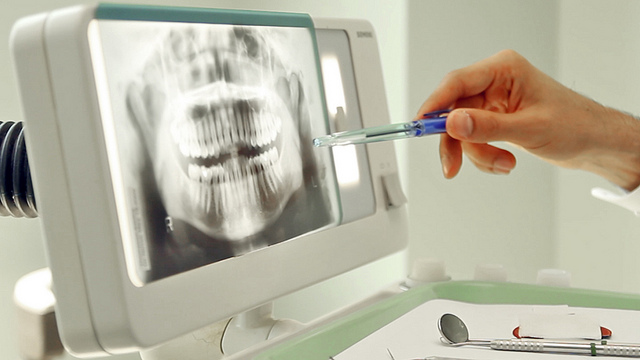
If you have noticed behaviors in your teen that seem out of the ordinary or if you have a suspicion that they might be abusing drugs or alcohol, you may want to turn to your family physician or dentist for help. As health professionals, they may notice signs and symptoms of substance abuse that would otherwise go unseen.
Dentists and Addiction
Many illicit drugs have negative impacts on dental hygiene. In other words, your dentist might notice drug-related decay that suggests drug abuse. For example, methamphetamine (meth) use is known to cause severe dental problems. If your teen has these issues then it might actually be a sign of drug abuse.
Dentists and Other Mental Health Conditions
Dentists might also be able to take note of responses to stress and anxiety when they look at you or your children’s teeth. If your teeth are worn down or chipped or your jaw is extremely sore, this could be the result of stress and unintentional grinding. Your dentist might be able to help protect teeth during stress by providing a mouth guard.
Bulimia, which is a type of eating disorder, can also cause dental and salivary gland problems due to the excess acid exposure in vomit. Your dentist may notice these signs, making you aware of your teen’s serious mental health issues.
Image Irina Patrascu Gheorghita
Physicians and Addiction
A doctor or physician might notice signs of addiction if a person is complaining about physical ailments. These can include:
- Bloodshot eyes
- Dilated pupils
- Frequent nosebleeds
- Changes in appetite
- Changes in sleep patterns
- Shakes, tremors or seizures without a history of epilepsy
While these symptoms don’t necessarily mean that drug use or addiction is the cause, they can be important warning signs to consider.
Physicians and Other Mental Health Conditions
Other mental health conditions are also sometimes identified by physicians. This is because it’s not uncommon for a mental illness to have associated physical symptoms that cannot be explained by another diagnosis. Examples include inexplicable aches and pains, changes in sleep patterns, changes in eating patterns and dramatic changes in weight. All of these can be indicative of depression, anxiety and eating disorders.
Feature image Joseph Morris



